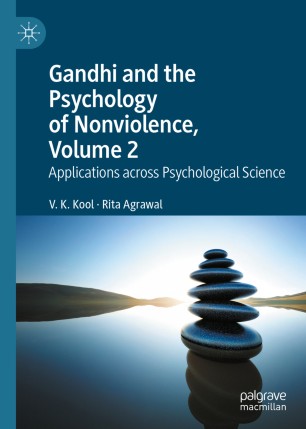

Most ebook files are in PDF format, so you can easily read them using various software such as Foxit Reader or directly on the Google Chrome browser.
Some ebook files are released by publishers in other formats such as .awz, .mobi, .epub, .fb2, etc. You may need to install specific software to read these formats on mobile/PC, such as Calibre.
Please read the tutorial at this link: https://ebookbell.com/faq
We offer FREE conversion to the popular formats you request; however, this may take some time. Therefore, right after payment, please email us, and we will try to provide the service as quickly as possible.
For some exceptional file formats or broken links (if any), please refrain from opening any disputes. Instead, email us first, and we will try to assist within a maximum of 6 hours.
EbookBell Team

4.8
14 reviewsIn volume 1 of Gandhi and the Psychology of Nonviolence the authors advanced a scientific psychology of nonviolence, derived from principles enunciated by Gandhi and supported by current state-of-the-art research in psychology. In this second volume the authors demonstrate its potential contribution across a wide range of applied psychology fields. As we enter the era of the Anthropocene, they argue, it is imperative to make use of Gandhi’s legacy through our evolving noospheric consciousness to address the urgent problems of the 21st century.
The authors examine Gandhi’s contributions in the context of both established areas such as the psychology of religion, educational, community and organizational psychology and newer fields including environmental psychology and the psychology of technology. They provide a nuanced analysis which engages with both the latest research and the practical implications for initiatives like the Intergovernmental Panel on Climate Change and the UN’s Sustainable Development Goals.
The book concludes with an overview of Gandhi’s contribution to modern psychology, which encompasses the history, development, and current impetus behind emerging work in the field as a whole. It marks an exciting contribution to studies of both Gandhi and psychology that will also provide unique insights for scholars of applied psychology, education, environmental and development studies.